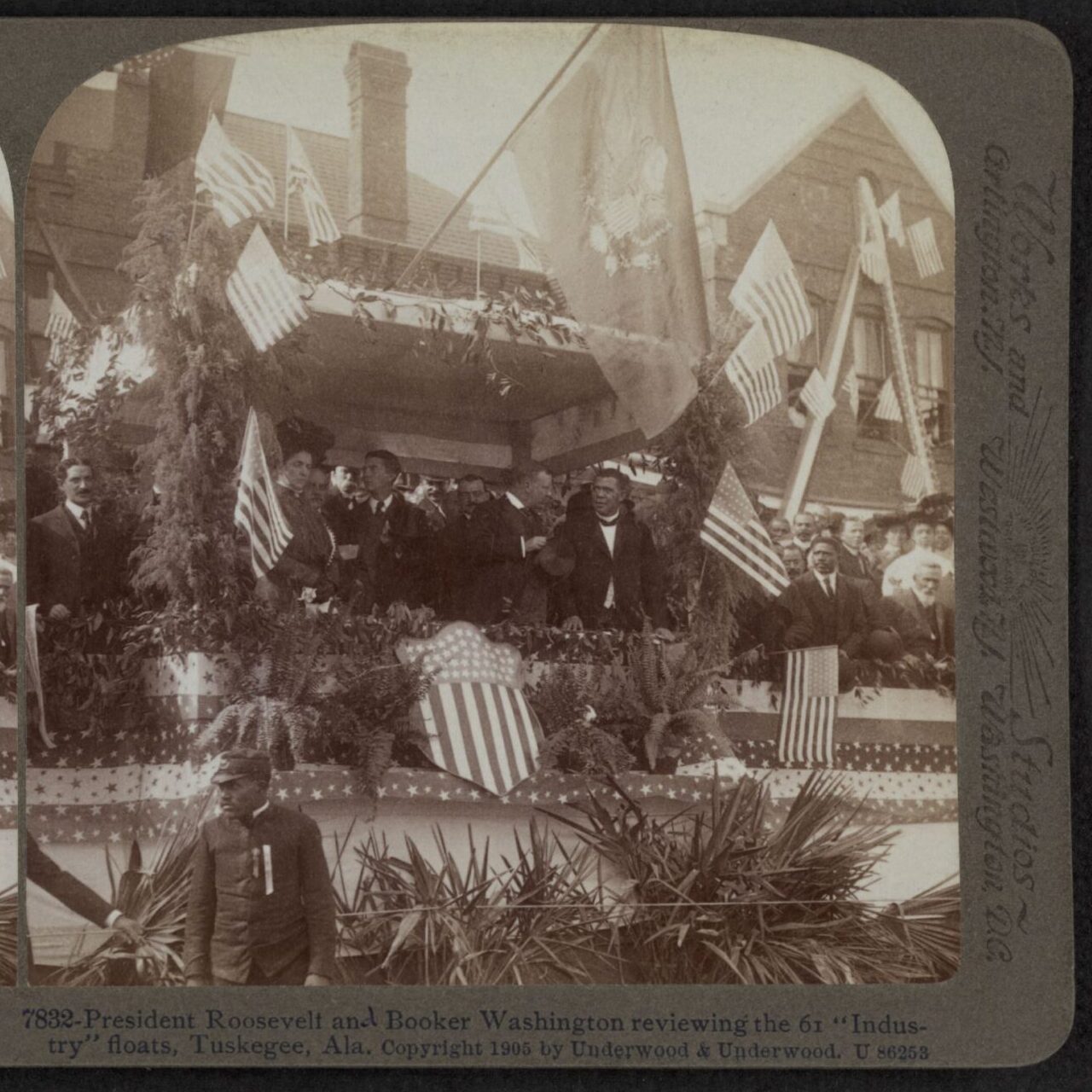TR Encyclopedia
Race, Ethnicity, and Gender
During Theodore Roosevelt’s presidency, the actions of ethnic, religious, and racial minorities, as well as those of women, were circumscribed—sometimes by law, and sometimes by social convention. Great changes, however, were underway as the twentieth century began. This category highlights the conditions faced by Native Americans, Asian Americans, African Americans, women, immigrants, and religious minorities, and examines Roosevelt’s opinions and actions toward them.

Brownsville Incident
The Brownsville Incident (1906) resulted in the wounding of one white civilian and the death of another. President Roosevelt discharged without honor the entire 25th Infantry, 167 African-American soldiers – a decision that might be deemed one of the worst mistakes of his presidency.
Du Bois, W. E. B.
W. E. B. Du Bois was an influential African-American sociologist, writer, and leader during Theodore Roosevelt’s presidency and afterward.
East Saint Louis Race Riot
The 1917 East St. Louis, Illinois, race riot was one of the deadliest race riots in American history. The riot’s official death toll was 39 African Americans and nine whites, although some estimates put the death toll as high as two hundred.
NAACP
The National Association for the Advancement of Colored People (NAACP) is an important civil rights organization founded in the final months of Theodore Roosevelt’s presidency.
National Urban League
The National League on Urban Conditions Among Negroes (the National Urban League) was an important social welfare organization aimed at improving the lives of African Americans in northern cities. It formed in September 1910. The two people credited with creating the National League on Urban Conditions Among Negroes were George Edmund Haynes, the first African American to earn a Ph.D. from Columbia University, and philanthropist Ruth Standish Baldwin, wife of the president of the Long Island Railroad.
Washington, Booker T.
Booker T. Washington was a famous and highly respected leader among African Americans during Theodore Roosevelt’s presidency.